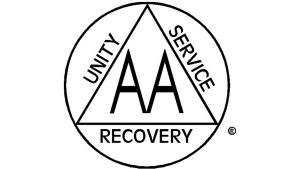By
Ellen Anderson, Ph.D
June 3rd, 2024

Logo courtesy of https://www.addictionresource.net
It is impossible to keep up with the wide array of potential patient resource material, given the breadth of the mental health field. In the digital age, it is not feasible to stay abreast of the myriad books, podcasts, apps, websites, and communities available on Facebook and other social media.
Over time, I have learned that checking out resource material recommended by patients is never a waste of time. My favorite and most often recommended resources have always come recommended by clients seeking information to help themselves or a family member.
In this digital age, I save educational print material in the library of my electronic medical record, making it much easier to disseminate to clients when needed.
This month’s Practical Pract...
Posted in
Practical Practice,
Subscribers |
Comments Off on Practical Practice: What is your favorite client resource?

